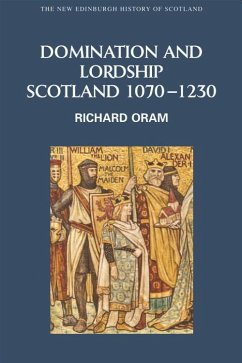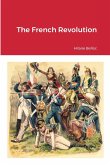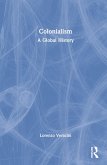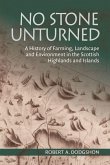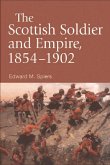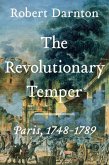This volume centres upon the era conventionally labelled the 'Making of the kingdom', or the 'Anglo-Norman' era in Scottish history. It challenges current historiographical concentration on the 'feudalisation' of Scottish society as part of the wholesale importation of alien cultural traditions by a 'modernising' monarchy, instead offering a parallel analysis of the continuing vitality and centrality of Gaelic culture and traditions within the twelth- and early thirteenth-century kingdom. Part I (1070-1157) explores the mutation of the Gaelic-Scandinavian kingship of Alba first into Scotia then into the hybridised medieval state. This process is set into the wider context of the expansion of Latin Christendom and of Frankish cultural norms, but the refashioning of Scottish society is viewed more specifically in parallel to the post-1066 reconstruction of England, and the projection of both insular Anglo-Saxon and continental 'Norman' traditions into Wales and Ireland. Part II, focussing on the period 1157-1230, explores Scotland's role as both dominated and dominator. It examines the redefinition of relationships with England, Gaelic magnates within Scotland's traditional territorial heartland and with autonomous/independent mainland and insular powers. These interrelationships form the central theme of an exploration of the struggle for political domination of the northern mainland of Britain and the adjacent islands, the mechanisms through which that domination was projected and expressed, and the manner of its expression.
The New Edinburgh History of Scotland General Editor: Roger Mason Domination and Lordship, 1070-1230 Richard Oram This volume examines what is perhaps the critical formative period in Scotland's history, discussing the processes by which the Gaelic kingdom of > established its mastery over the lesser kingdoms of northern mainland Britain and transformed itself into a state recognisable as 'Scotland'. Between 1070 and 1230 the kings of Scots turned their eastern Lowlands-based kingship into an effective national monarchy and contended with dynastic rivals in Scotland and the rulers of England and Norway for the control of northern mainland Britain. During this time, Scotland experienced a social and cultural revolution as it was drawn into an English and mainland European orbit by a series of outward looking kings who readily embraced the forms and fashions of continental kingship. Alongside a political narrative which sets the main trends and developments into their national and international context, Richard Oram explores a series of key issues and groups, including the development of the Church and the emergence of urban communities, and offers a new evaluation of the process of state-building and the interplay of the themes of continuity and change. Richard Oram is Professor of Medieval and Environmental History and Director for the Centre for Environmental History at the University of Stirling.
Hinweis: Dieser Artikel kann nur an eine deutsche Lieferadresse ausgeliefert werden.
The New Edinburgh History of Scotland General Editor: Roger Mason Domination and Lordship, 1070-1230 Richard Oram This volume examines what is perhaps the critical formative period in Scotland's history, discussing the processes by which the Gaelic kingdom of > established its mastery over the lesser kingdoms of northern mainland Britain and transformed itself into a state recognisable as 'Scotland'. Between 1070 and 1230 the kings of Scots turned their eastern Lowlands-based kingship into an effective national monarchy and contended with dynastic rivals in Scotland and the rulers of England and Norway for the control of northern mainland Britain. During this time, Scotland experienced a social and cultural revolution as it was drawn into an English and mainland European orbit by a series of outward looking kings who readily embraced the forms and fashions of continental kingship. Alongside a political narrative which sets the main trends and developments into their national and international context, Richard Oram explores a series of key issues and groups, including the development of the Church and the emergence of urban communities, and offers a new evaluation of the process of state-building and the interplay of the themes of continuity and change. Richard Oram is Professor of Medieval and Environmental History and Director for the Centre for Environmental History at the University of Stirling.
Hinweis: Dieser Artikel kann nur an eine deutsche Lieferadresse ausgeliefert werden.

